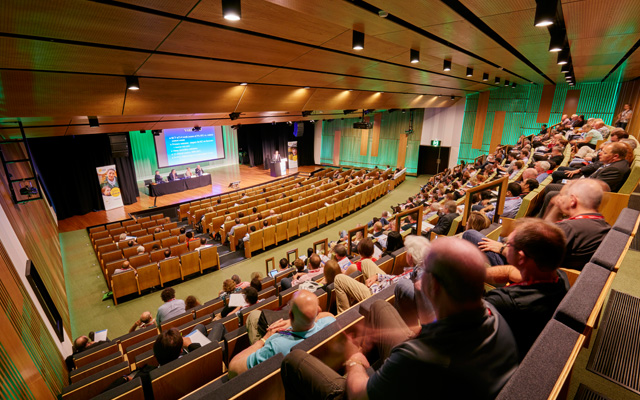Queensland’s biomedical sector will take centrestage as the city gears up to host the International Conference on Microneedles 2025 (ICM 2025).
This first-ever Australian event, slated for May 11-14 at the Brisbane Convention & Exhibition Centre (BCEC), will be a global platform for showcasing Brisbane’s cutting-edge research and development in vaccine delivery technology.

Expected to attract over 400 immunologists, vaccine researchers, engineers, healthcare professionals, and scientists, this conference will explore the transformative potential of microneedle technology, particularly its role in developing cost-effective and efficient vaccine delivery methods.
The successful bid to host ICM 2025 was a collaborative effort between The University of Queensland’s (UQ) David Muller and Paul Young, BCEC, Tourism and Events Queensland, and the Brisbane Economic Development Authority. Winning this conference aligns with Queensland’s 10-year Biomedical Roadmap and Action Plan, emphasising the state government’s commitment to propelling the local biomedical sector.
Young, a virologist at UQ, and BCEC Convention Advocate, explained the evolution of microneedle technology’s application in the healthcare sector.
“We’ve had over 170 years of using a needle and syringe to deliver drugs and vaccines and no real advance on that until quite recently. In the last 15 years we have seen incredible development in the delivery component of vaccines through patch technology that makes them more efficient and accessible.”
Brisbane-based biotech company Vaxxas, founded in 2011 based on research from UQ, will be joining the University as a presenting partner for the event. The company’s high-density-microarray patch (HD-MAP) technology has the potential to transform the way vaccines are delivered in the future.
Easy to use and with the potential to reduce the complexities and costs associated with refrigerated distribution and storage of traditional vaccination methods, Vaxxas’ technology could enable rapid and broad deployment of routine and pandemic vaccination.
Young further credits Queensland for playing a vital role in advancing the technology with Vaxxas, with significant support from the state government.
“Vaxxas’ technology is being developed in Brisbane with support from leading global organisations such as the World Health Organisation and the Gates Foundation, so it’s exciting to be bringing the sector’s global event to our city,” Muller added.





















